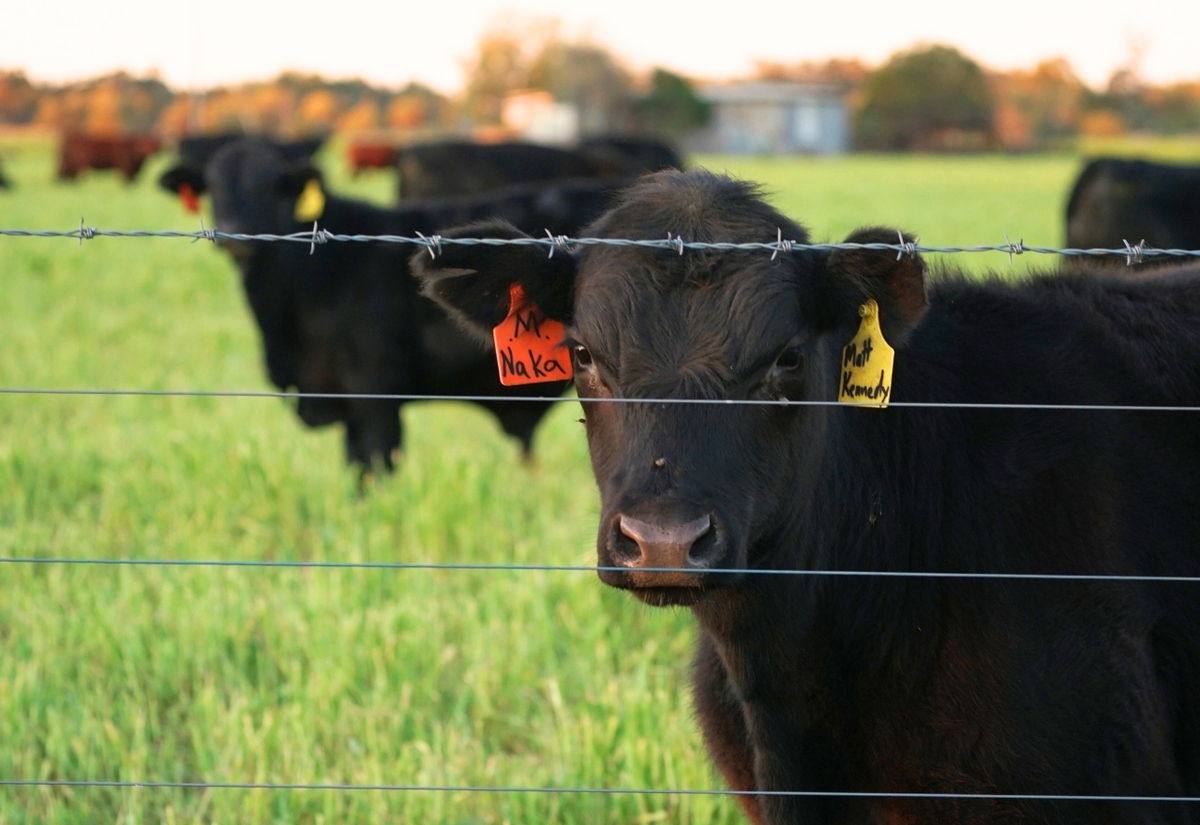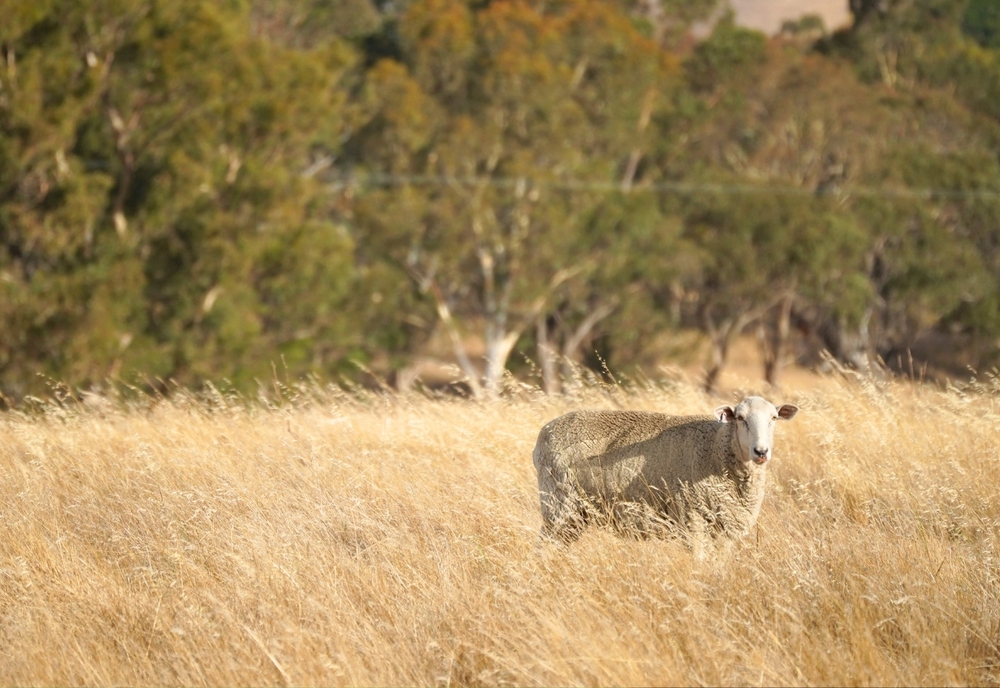Questions over impact of federal food council
River McCrossen
24 March 2025, 8:20 PM
 The federal government says it will create a group of experts to advise on food security if it wins the election this year. IMAGE: River McCrossen.
The federal government says it will create a group of experts to advise on food security if it wins the election this year. IMAGE: River McCrossen.An agricultural supply chain expert has cast a cautious eye on the Albanese government's $3.5 million commitment to shore up the nation's food supply.
The government announced on 4 March that, if it wins the federal election this year, it would create a National Food Council to develop its "Feeding Australia" strategy, aimed at cutting costs at the checkout.
Associate Professor Elizabeth Jackson lectures in supply chain management and logistics at Curtin University in Western Australia and questions if the funding will make a dent.
"In the first instance, I thought, 'oh, wow, how exciting.' And then I thought to myself, '$3.5 million for a $75-to-$85 billion-dollar industry? What's that going to do?
"If those trusted people who have a reputation of being really good listeners and making good actions and good decisions can be cherry picked and put in a room together - and flesh out some good, authentic strategies for making a difference - well, that would be fantastic," Professor Jackson said.
"That would be just what it says on the tin."
Australia may produce enough food to feed it's population, although Professor Jackson said the agricultural supply chain is exposed to reliance on imports for fertiliser, pesticides and herbicides, as well as fuel.

Professor Jackson has researched agricultural food supply chains. IMAGE: River McCrossen.
The announcement came before Prime Minister Anthony Albanese made a call to "buy Australian" after the US Trump administration imposed a 25 per cent tariff on Australian steel and aluminium.
A tariff is a tax on goods imported from other countries.
Professor Jackson said localising all of the supply chain would come at a cost during the trip to the shops.
"Despite concerns about cost of living, it has never been cheaper to live and it's never been cheaper to feed yourself," she said.
"This has been achieved by global supply chains that have whittled away costs - costs of production, costs of freight, costs of distribution, costs of retail, costs of business transactions..
"With our standards of living in this country, we can't achieve that. We can't achieve food production systems that are as cheap and low cost and also has such variety as what we're able to import.
"So, while it's going to be wonderful to buy locally-produced food, it's going to come at a cost, and I'm not too sure that the Australian general public is willing to pay."
The National Food Council is expected to include "industry and community experts" to advise the government.
Minister for Agriculture, Fisheries and Forestry, Julie Collins, said Australians cannot afford to be complacent over food security.
“When our food and supply chains are secure, it reduces financial strain on households, helping all Australians," Minister Collins said.
“The Albanese Labor Government will protect and strengthen Australia's food security for the benefit of our farmers and all Australians, as well as the trading partners that rely on our produce."
The government also said it will probe growing a biofuels feedstock industry to support Australia’s transition to net zero, which Parkes MP Mark Coulton criticised.
"They talk of strengthening Australia’s food security with the goal of minimising price volatility and costs at the checkout, and then turn around spruiking biofuels, which has the potential to affect agricultural commodity and feed prices.
"These are conflicting ideas," Mr Coulton said.
"Do our agricultural industries only matter to this Government when votes are on the line?"
A NSW Farmers spokeperson said there was a National Food Plan published in 2013.
"But since then there’s been no reporting on its 16 goals or how we meet long-term challenges of climate, global unrest and biosecurity," the spokesperson said.
“A national focus on ensuring our food security is now more critical than ever, with fair prices for farmers still nowhere in sight and a range of other challenges continuing to impact the agricultural sector."



